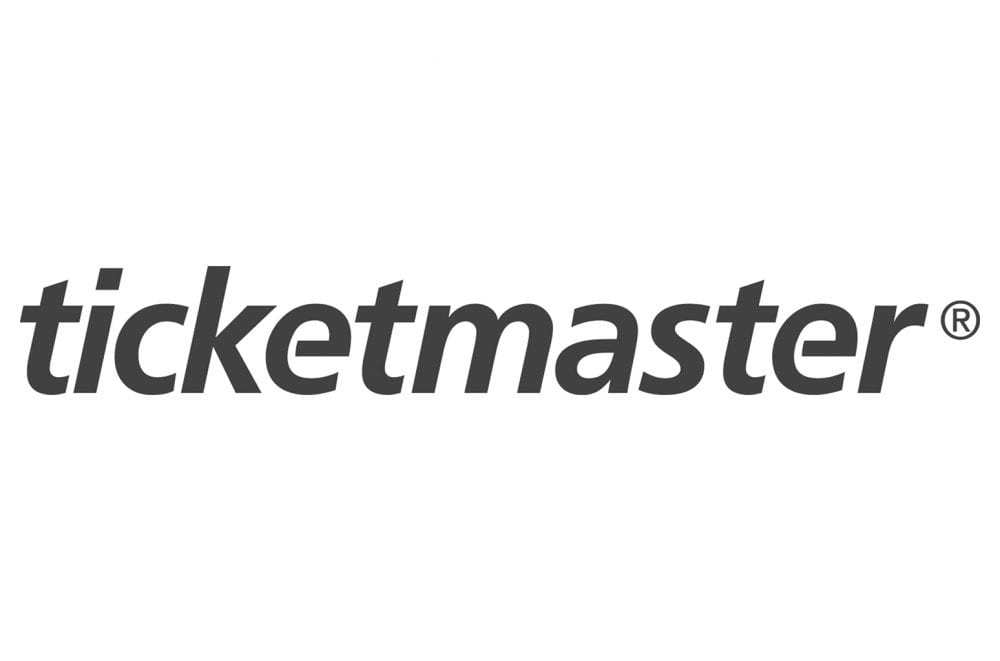In the world of tickets, a lot of stuff has been floating around the last few days.
Everyone has a take one way or the other, but the question I think we have to ask is “what did we really learn

from the piece that ran in The New York Times on Sunday?”
Here are a few things that I noticed and that stood out to me:
Live Nation/Ticketmaster likely uses its market power to influence venue’s purchasing decisions:
Surprise! Surprise!
In the article, there are a number of examples of moments where Live Nation maybe alluded to, implicitly or explicitly, that they might look at a venue more favorably if they signed with Ticketmaster or kept them as a ticket provider.
I’m not an anti-trust attorney, so the legality of the practices described is beyond my expertise.
What I do know is that this type of stuff happens in almost every business that I know of.
Say, for instance, the release earlier this year of Canadian Breakfast Stout by Founders. I was able to get a growler full of the beer, when no one else could because I had a better relationship with the store that I bought it from than other people did.
You might say it is different in the case of Live Nation and I would ask, “Is it really?”
We all offer preference to people that do business with us more.
I realize that this probably has a much more complex legal explanation, but at the heart, this seems like a case of I’m going to work with my best clients and partners.
Is that illegal?
I don’t know.
But it is likely to come close to being called anti-competition.
But I wouldn’t expect anything else.
Every company will try and spin their take on the issue in the way that is best for their organization:
We see AEG saying Live Nation was threating.
We see Live Nation push back by saying AEG is a disgruntled competitor.
We see Ticketmaster’s executives respond in a blog post.
All this means for most people is that on one side is Live Nation. On another side is a competitor.
That leaves us with the old adage that somewhere in the middle is the truth.
The fact is that in some instances if Live Nation owns a building in a city that competes with a building owned by AEG or someone else, the smart business decision is to take that show to the building that is owned by Live Nation.
In fact, that is just wise business and really the premise that it seems the DOJ allowed the deal to proceed under.
And, in many cases, the venue may just be a better fit for the artist in question.
Take the example of The Forum listed in the article.
The Forum has been reinvented and rebuilt to accommodate concerts and produce a better live experience. All things being equal, I wouldn’t expect Live Nation to do anything else.
$24 in ancillary sales seems mighty low:
To me, this was the most shocking.
I’m pretty sure I’ve written more about my affection for the business model of Pearl Jam than I probably should have, but I know for certain that every show I attend that I’m good for 2-3x of the ticket value in just merchandise.
Exclude Pearl Jam from the equation and I can say that I’m typically good for a couple of beers at a ball game and, depending on the venue more.
At this point in time, I’d say that in most cases, I am probably below average in that way too.
That’s why I was surprised that Live Nation was only getting $24 on average in ancillary purchases.
I grew up in nightclubs in the 90s and early 2000s, and incremental revenue was at the core of our success.
It was the simple act of asking someone what kind of bourbon they liked in a whiskey and coke, thinking through the price structure of our charges to create an environment where we might charge slightly less to encourage greater spend that led to the revelation that in most cases you can entice people to spend more money pretty simply.
Knowing the price structure of the modern live event business, makes $24 seem incredibly low.
My back of the envelope calculations says that a 25% increase in revenue per person while improving the customer experience should be a low ball goal.
Fees are always going to be a point of contention:
Here is the thing, I know that StubHub tried to do all-in pricing a few years back and saw their revenue fall.
I know that consumers complain about the fees.
I know that no matter what you charge, some people are going to complain.
To me, this signals an environment where you are never going to be able to make everyone happy.
While I have been a strong opponent of the $16 Budweiser and sports teams trying to price their tickets to compete with the secondary market, I am also well aware that you are never going to make everyone happy.
Pricing is one of those really delicate arts that is bound to cause some level of blowback no matter what you do.
In the case of Ticketmaster’s fees, this isn’t likely to change anytime soon.
There are a few reasons for this:
- Most consumers don’t understand the economics of the modern concert or event business. The high guarantees wouldn’t justify the fees to many fans, but they might explain some of the reasons that the fees are charged.
- The fees can sometimes seem out of line with the overall cost of the ticket. When you see a ticket have over 50% added to the face value, it raises questions for a lot of people.
- Some people are going to complain no matter.
Even though I think that Ticketmaster could do a better job of the messaging and explanations of the fees, the truth is that it likely wouldn’t matter too much to a lot of consumers.
Competition isn’t guaranteed:
There is a lot that is featured in the article about competition.
Increased competition.
Lack of competition.
On and on.
The thing is that no matter what business you are in, competition isn’t guaranteed.
One thing I have noticed and this is observational, not from the article is that as Ticketmaster’s deals have come up for bid or renewal, the technology that they are offering has improved.
That is likely due to the fact that companies like AEG, AXS, SeatGeek, and others are offering competitive deals and competitive or improved technology.
To me that is competition.
What is, sort of, implied in the piece is that making the market more competitive means that there would be new deals always getting awarded to companies, no matter what.
That’s hardly true in any industry.
The reality is that no buying decision is every a straight logical decision.
I don’t sell to my consulting clients based on logic. I sell on the emotion of improved business performance.
The last car you bought was likely as much a story that you told yourself as it was a logical decision to buy a car to get you from Point A to Point B.
The implication that maybe Live Nation might steer a show away from your venue might have been real, it might have been implied. It might have been something people imagined because that’s what they thought was being conveyed.
If it is real, that’s likely illegal.
If it is implied, that’s tough to prove.
If it was imagined, that’s a story you tell yourself.
And, the same story is at play in whether or not competition means someone else winning deals or if you decide to stay with the devil you know.
No matter what, I don’t think that competition is guaranteed.
From the standpoint of a consumer reading this article, I’m not sure this would have made me react too much one way or the other. For those of us that have been involved in tickets, now or at some point, it likely reinforced a point of view that we already held.
What say you on the subject?
Dave Wakeman is a branding and strategy expert who often opines about the ticketing world on his website and twitter. If you like this stuff and the stuff he usually posts, he does a Sunday email that talks all about value, connection, and humans. You can get that for free by sending him an email at dave@davewakeman.com




